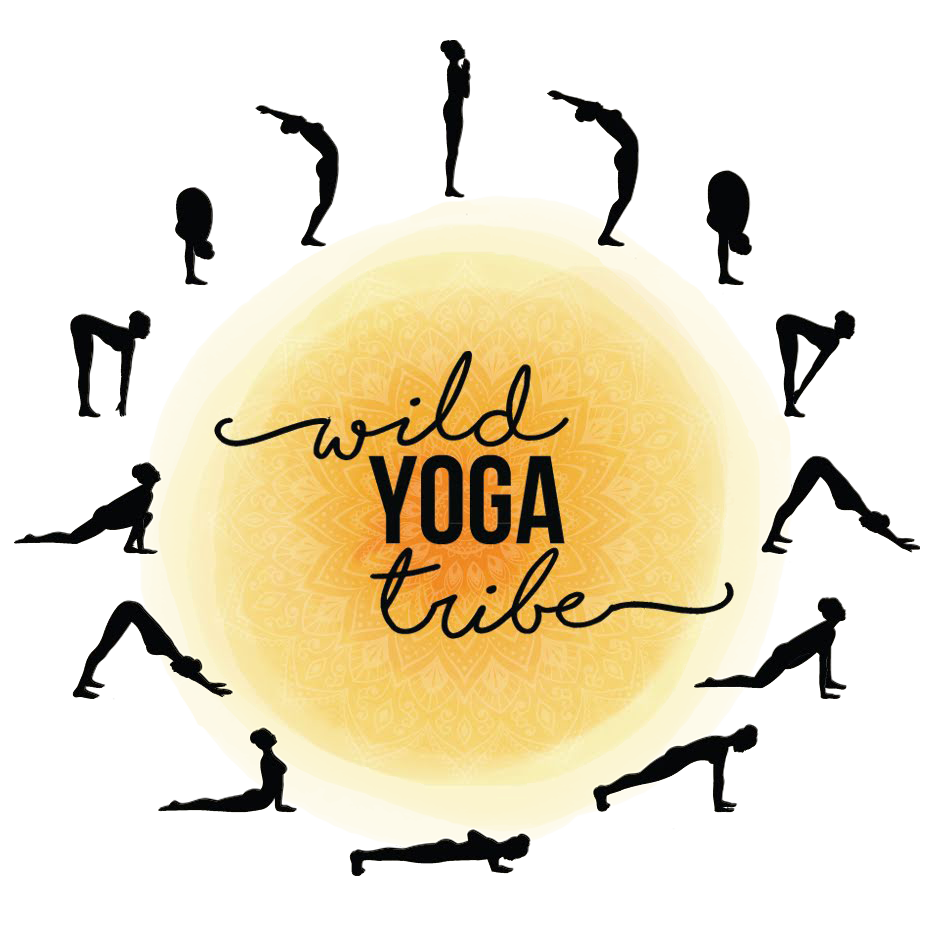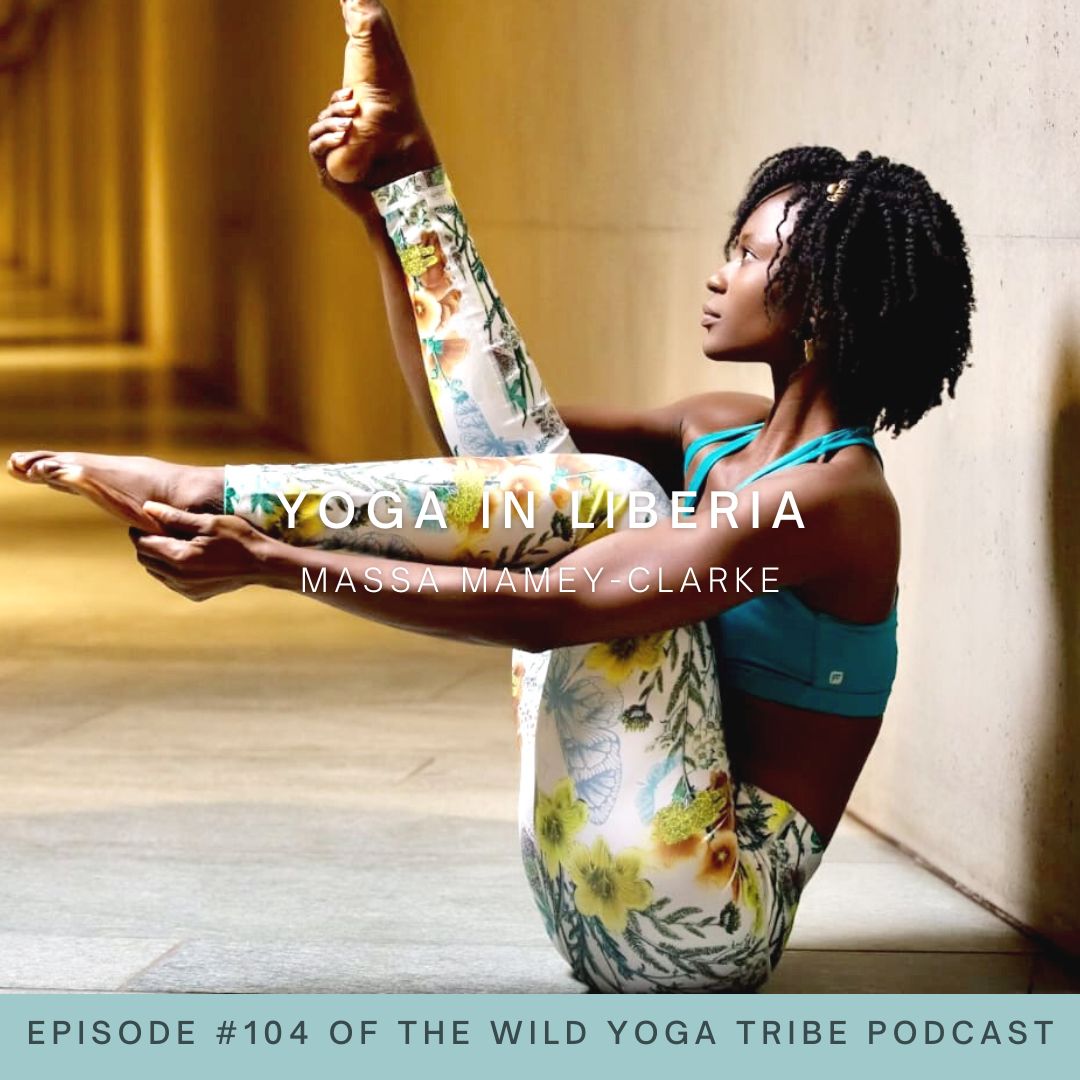
Yoga has been shaped by countless luminaries throughout history. From ancient sages to modern innovators, each has left an indelible mark on the global yoga community. In this exploration and interviews with yoga teachers from around the globe, we delve into the lives and legacies of some of the most influential yogis.
These visionary yogis have not only shaped the physical practice of asana but have also delved deep into the philosophical and spiritual dimensions of yoga, offering profound insights into the nature of existence and the path to enlightenment.
As we traverse continents and cultures, we encounter a diverse array of voices, each with their
own unique perspective on the practice and philosophy of yoga. From the ancient wisdom of Patanjali’s Yoga Sutras to the modern innovations of pioneers like B.K.S. Iyengar and Tara Brach, we explore how these influential teachers have revolutionized the way we understand and approach yoga.
While we certainly haven’t included all of the most influential yoga teachers in history, we are merely offering our individual thoughts and perspectives. This is not a comprehensive list and should not be considered as such, however we hope you enjoyed learning from yoga teachers from around the world their thoughts, insights, and perspectives on which yoga teachers have been the most instrumental for their path and practice, and for the practice of yoga as a whole.
Join us on this illuminating journey as we pay homage to the visionaries who have shaped the past, present, and future of yoga.
Swami Sivananda and Srila Prabhupada
Deborah Charnes, c-iayt, e-ryt 500 and author of From the Boxing Ring to the Ashram from Austin, Tx, USA. Connect with Deborah: Deborah Charnes
Who do you consider to be the most influential yoga teacher in history, and why?
“With so many different flavors of the day in the yoga world, based on teachings from people who have become wildly famous, that’s obviously a very subjective question. As a certified yoga therapist, I recognize the immense impact of Krishnamacharya. And of course, BKS Iyengar was a student of Krishnamacharya. However, I’d rather acknowledge two yoga teachers who changed my life. Swami Sivananda and Srila Prabhupada are both referred to in my book, “From the Boxing Ring to the Ashram.”
In what ways has this teacher’s philosophy or approach to yoga shaped your own teaching style or practice?
“In “From the Boxing Ring to the Ashram” I share how even though I had been practicing yoga for 20 years, it wasn’t until I spent time at the Sivananda ashram in Grass Valley, California, that the eight branches of yoga became my life. I returned to Grass Valley, was inspired to get my YTT, and the next year I headed to India to study Ayurveda at the Sivananda ashram in Kerala. Two life-changing principles from the Sivananda teachings that I feature in my book are the importance of karma yoga (selfless service) and Agni (the digestive fire which regulates most all physical and even emotional issues). Another two chapters in my book focus on two of my gurus from ISKCON, which was founded by Srila Prabhupada. The core teachings of ISKCON are not about strengthening your core or nailing a headstand. Srila Prabhupada taught that Bhakti, the yoga of devotion, was the most essential during the age of kali yuga.”
What do you believe sets this influential yoga teacher apart from others in terms of their impact and legacy?
“Srila Prabhupada’s life story is awe-inspiring. He took a cargo boat from India to the U.S. with just a few dollars in his pocket. He survived three heart attacks on board. Dedicated to spread the Bhakti message, within a relatively short period of time he established 108 temples around the world. Sivananda also created yoga centers and ashrams worldwide. Plus, Integral Yoga was an offshoot of the Sivananda way.”
B.K.S. Iyengar changed the course of yoga
Zethyn McKinley, From Fresno, California, US. Connect with Zethyn: Zethyn Mckinley.
Who do you consider to be the most influential yoga teacher in history, and why?
“B.K.S. Iyengar changed the course of yoga, connecting the physical, mental, and spiritual benefits with therapeutic solutions to help improve practioners’ lives.”
In what ways has this teacher’s philosophy or approach to yoga shaped your own teaching style or practice?
“My teaching approach is now more precise and alignment based. I use props extensively in order to get the most out of a pose.”
What do you believe sets this influential yoga teacher apart from others in terms of their impact and legacy?
“B.K.S. Iyengar’s approach helped bridge the gap with Western medicine. His work provided a way for yoga to be introduced in therapeutic solutions for patients who haven’t been fully supported by the Western healthcare system.”
The helpful direction of Patanjali’s sutras has been the greatest influence
Jack Utermoehl, from Grand Junction, Colorado. Owner of Asivana Yoga . Connect with Jack: Jack Utermoehl
Who do you consider to be the most influential yoga teacher in history, and why?
“Patanjali.”
In what ways has this teacher’s philosophy or approach to yoga shaped your own teaching style or practice?
“The helpful direction of Patanjali’s sutras has been the greatest influence on my actions and thoughts. I went from being in a deep depression to being joyful all the time while fully experiencing the gambit of emotions of the human experience. My life drastically changed after finding yoga and Patanjali’s sutras. I now had a framework for understanding myself, others, and the world. While I don’t claim to know everything, I have been through a lot of self-study and healing to be a more complete human thanks to Patanjali.”
What do you believe sets this influential yoga teacher apart from others in terms of their impact and legacy?
“Patanjali left a legacy not about himself but as a guide towards practices with results. He was non-dogmatic, clear, concise, and without bias. Even when suggesting something specific he would clarify in a manner “or something similar” implying there was not a single right or wrong way of achieving the results being discussed”.
Krishnamacharya
Lauren Rudick, from Kingston, Ontario, Canada. Owner of Yoga Academy International. Connect with Lauren Rudick
Who do you consider to be the most influential yoga teacher in history, and why?
“Krishnamacharya.”
In what ways has this teacher’s philosophy or approach to yoga shaped your own teaching style or practice?
“He was the father of western yoga and influenced most of the styles of yoga and philosophies that we see in the west today.”
Patanjali: Life is a continuous study and exploration of his Yoga Sutras.
Jennifer Ellis, from Lemon Grove, CA USA. Owner of Life Enlightenment. Connect with Jennifer Ellis
Who do you consider to be the most influential yoga teacher in history, and why?
“Patanjali: Life is a continuous study and exploration of his Yoga Sutras.”
In what ways has this teacher’s philosophy or approach to yoga shaped your own teaching style or practice?
“It is important to me to weave in yoga philosophy into all of my classes. Yoga is not merely about movement; it is a way of living. Some students will come to a yoga class for the first time and tell me they are there because they want to stretch more, or they heard it is a good workout – I love sharing with them my passion that yoga is so very much more than that.”
What do you believe sets this influential yoga teacher apart from others in terms of their impact and legacy?
“Patanjali started it all! It is said he lived around the 2nd century BCE and the 4th century CE. For his work to still be influential literally century upon century – that is impact and legacy to the highest degree!”
One yoga teacher who has been the most influential to me is Lara Benusis
Stella Stephanopoulos, from New York, NY, connect with Stella Stephanopoulos
Who do you consider to be the most influential yoga teacher in history, and why?
“One yoga teacher who has been the most influential to me is Lara Benusis. She was one of the first instructors who helped me fall in love with the practice at a young age, and inspired me to eventually get my 200HR yoga teacher training certification.”
In what ways has this teacher’s philosophy or approach to yoga shaped your own teaching style or practice?
“Lara’s approach to teaching always had a perfect balance of the spiritual and physical aspects of yoga. Her ability to teach a rigorous class that was physically challenging, yet simultaneously create an environment where I felt calm and safe in my body was so unique and truly informed the way I approach teaching.”
What do you believe sets this influential yoga teacher apart from others in terms of their impact and legacy?
“Lara truly embodied her own teaching philosophy and held space so beautifully for those in her classes. She also dedicated a majority of her studies to behavioral psychology and teaching yoga as a therapeutic practice to those who were sick with cancer. I really admire Lara’s work in uncovering the healing properties of yoga and I believe her commitment to this sets her apart from many other teachers I’ve come across in the yoga community.”
The most influential yoga teacher is Tara Brach; Her teachings go beyond the traditional scope.

Tiffany Mcgee, founder of Nomadrs, from Londan, UK. Connect with Tiffany Mcgee
Who do you consider to be the most influential yoga teacher in history, and why?
“For me, the most influential yoga teacher is Tara Brach. Her teachings go beyond the traditional scope of yoga and she deeply intertwines mindfulness and meditation with each practice. Thanks to her approach that bridges yoga with emotional and spiritual well-being, her teachings can resonate with anyone seeking a more profound sense of inner peace”.
In what ways has this teacher’s philosophy or approach to yoga shaped your own teaching style or practice?
“Tara Brach’s philosophy has profoundly shaped my approach to yoga and mindfulness. Her emphasis on integrating mindfulness into yoga practice has encouraged me to cultivate a deeper connection with my inner self during each session. This has enriched my personal practice and also, it transformed the way I guide my students — focusing more on emotional healing and self-awareness.”
What do you believe sets this influential yoga teacher apart from others in terms of their impact and legacy?
“What sets Tara Brach apart is her ability to make complex emotional and spiritual concepts accessible and relatable. Her teachings are not just about physical flexibility or strength. Her holistic perspective aims to heal both the mind and the soul. Her impact lies in how she empowers individuals to find tranquility and emotional balance both on and off the mat.”
One that resonates with me the most is my teacher is Diane Featherstone
Yoga Anita, from Leominster, USA. Connect with Yoga Anita

Who do you consider to be the most influential yoga teacher in history, and why?
“Most people will select an ancient teacher but the one that resonates with me the most is my teacher, Diane Featherstone”.
In what ways has this teacher’s philosophy or approach to yoga shaped your own teaching style or practice?
“Diane follows the lineage of her teacher, Dr. V.S. Rao. She gave us inclusive teacher training, exposed us to many different variations of yoga, and let us find the style that best suited our personalities”.
What do you believe sets this influential yoga teacher apart from others in terms of their impact and legacy?
“She showed me to always practice with beginners, to stay open to what rises up during the practice and to take yoga with you off the mat.”
Because of Geeta Iyengar, women are able to practice and teach yoga
Keysa Amaro, from Kailua, HI USA. Connect with Keysa Amaro
Who do you consider to be the most influential yoga teacher in history, and why?
“Geeta Iyengar”
In what ways has this teacher’s philosophy or approach to yoga shaped your own teaching style or practice?
“Because of Geeta Iyengar, women are able to practice and teach yoga. I love her adaptation of asanas to women and their needs and I incorporte this into my teaching and structuring of my classes. I also love the encouragement of using props to help students get into asanas as well as incorporating yoga phlisophy into my classes.”
What do you believe sets this influential yoga teacher apart from others in terms of their impact and legacy?
“Opening the door to women, which seems mute now that yoga is mostly associated with women, but there was a time when it was a male only practice.”
Patanjali because he is globally recognized and utilized in the teaching, learning and practice of yoga
Amy Sullivan, from Los Angeles, USA. Owner of Aspire Zen. Connect with Amy Sullivan

Who do you consider to be the most influential yoga teacher in history, and why?
“Patanjali because he is globally recognized and utilized in the teaching, learning and practice of yoga as well as the author of the Yoga Sutras by Patanjali.”
In what ways has this teacher’s philosophy or approach to yoga shaped your own teaching style or practice?
“Through studying the sutras I learned that yoga is not just time on your mat. Yoga is so much more than asana. Yoga can be practiced anywhere and everywhere. I apply this to my teaching by guiding students to utilize the poses to practice aspects of the sutras using quotes, themes, and open ended questions. For example a class build around sutra 1.29 finding a singular point of focus. I invite them to reflect on how they can know themselves better and bring their practice off their mat.
In my personal practice, “mat-time” is not about the actual poses or exercise (although those are nice perks). It is about me connecting to me, tuning out what doesn’t align and focusing more on what does. Patanjali’s teaching have also shaped my thoughts and behaviors off the mat. I practice moving through life with a little more intention, focus, and alignment to my true self and my connection the union of all and everything.”
What do you believe sets this influential yoga teacher apart from others in terms of their impact and legacy?
“His teachings go back centuries and he influences yogis all around the world.”
Most influential yogi is likely to be BKS Iyengar
Morgan Balavage, From Los Angeles, CA. Owner of An online yoga studio: Splendid Yoga. Connect with Morgan: Morgan Balavage
Who do you consider to be the most influential yoga teacher in history, and why?
“As much as I’d like to say K Pattabhi Jois, I would argue that the most influential yogi is more likely to be BKS Iyengar, whose books have spread the teachings of yoga for decades to millions of yogis.”
In what ways has this teacher’s philosophy or approach to yoga shaped your own teaching style or practice?
“Lyengar made the esoteric practices of yoga accessible, celebrating his Indian heritage while endorsing yoga for all cultures.”
What do you believe sets this influential yoga teacher apart from others in terms of their impact and legacy?
“His books are the gold standard for learning the yoga poses. I don’t know one teacher who doesn’t have a copy of Light On Yoga stashed away in their bookshelf.”
Honoring the Legacy of Yoga’s Teachers Throughout History
As we conclude our exploration into the lives and legacies of some of the most influential yogis in history, it’s evident that each luminary has left an enduring imprint on the global yoga community. From ancient sages like Patanjali, who laid the foundational framework for the philosophy of yoga, to modern innovators like B.K.S. Iyengar, who revolutionized the practice with precision and accessibility, their contributions have shaped the past, present, and future of yoga.
The diverse array of voices we’ve encountered, spanning continents and cultures, highlights the universal appeal and transformative power of yoga. Whether it’s the spiritual depth of Swami Sivananda and Srila Prabhupada, the therapeutic insights of B.K.S. Iyengar, or the integration of mindfulness by Tara Brach, each teacher has offered unique perspectives that resonate with practitioners worldwide.
Together, let us celebrate the legacy of these influential yogis and embody their teachings both on and off the mat. In doing so, we honor not only the past, but also the present moment, where the true essence of yoga resides — in the union of body, mind, and spirit.














